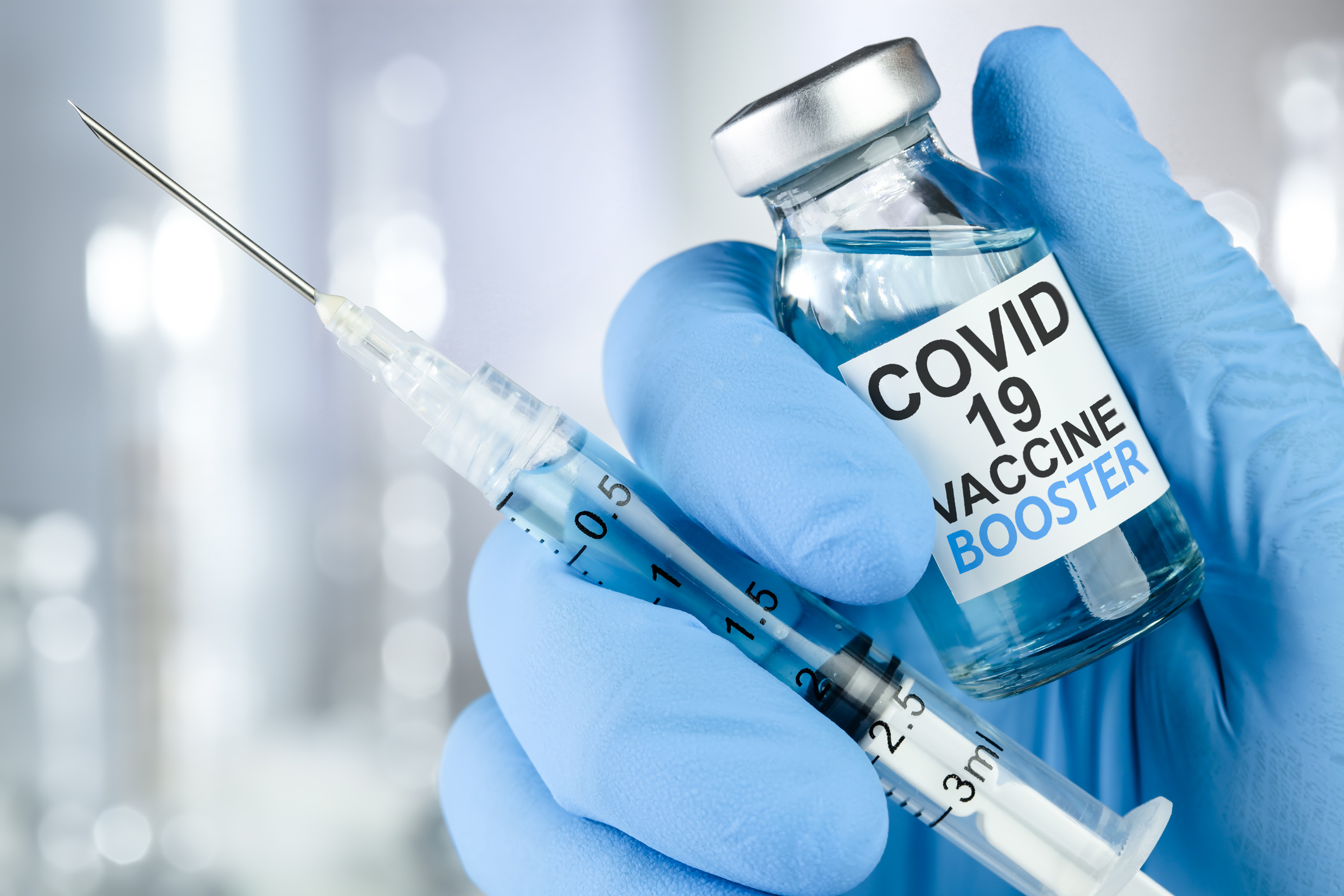
Heading into the fall and winter, health officials and the public alike are better equipped to combat COVID-19 than at any point since the pandemic began in 2019, thanks mainly to a stronger wall of immunity in the population built up with vaccines and natural infections.
But questions remain about how protected the public will be in coming months, as cases of new variants inch upward. One in particular, BA.2.86, is raising alarms since the U.S. Centers for Disease Control and Prevention (CDC) warned that it “may be more capable of causing infection in people who have previously had COVID-19 or who have received COVID-19 vaccines.” The growing number of BA.2.86 cases not just in the U.S. but around the world prompted the World Health Organization to classify it as a “variant under monitoring” as scientists continue to study how well the virus can spread and whether it can cause more serious disease than previous variants.
The biggest question is how well new vaccines that U.S. health officials recommended earlier this summer will protect against BA.2.86. That recommendation came well before BA.2.86 appeared, and vaccine makers have already been producing those versions of the shot in preparation for the fall and winter. In a press release issued on Sept. 6, one of those manufacturers, Moderna, reported that its latest vaccine generates a strong immune response against BA.2.86, helping the immune system to produce 8.7- to 11-fold more antibodies capable of neutralizing the variant compared to before vaccination. The updated vaccine also generated neutralizing antibodies against other new variants EG.5 and FL.1.5.1. The data came from studies involving immune cells from a group of 50 people who had been up to date with their vaccines, with a most recent booster shot targeting BA.4/5.
More From TIME
The results are encouraging, since this updated vaccine was not developed specifically to target BA.2.86, but XBB.1.5, the variant that was causing most infections earlier in the summer when the Food and Drug Administration’s (FDA) vaccine committee met. The FDA’s panel of independent vaccine experts suggested targeting a member of the XBB variant family, and expressed a preference for targeting XBB.1.5, which Moderna and other manufacturers did.
The results are reassuring, says Jackie Miller, senior vice president of infectious disease at Moderna, because “there was certainly a question about whether there would be cross-neutralizing protection observed or not because of the differences between the lineages [of XBB and BA.2.86].” She says that BA.2.86 binds to human cells in a different way than previous variants have, which raised concerns that it could cause more severe disease. But that difference in how it infects cells is counterbalanced by the fact that the attachment is less efficient, so “what emerging data are showing is that this binding does represent a bit of a disadvantage for the virus,” she says. “We’re going to have to wait and see what this structural change in the way it binds will eventually mean.” But the fact that the vaccine still stimulates a good antibody response is encouraging that it will protect against BA.2.86 as well.
The FDA is expected to make a decision in September about which strain the updated COVID-19 vaccine should target, although it’s widely expected that the shot will focus on XBB.1.5. And so far, Moderna at least is “reassured in terms of the ability of [that] vaccine to improve protection against even BA.2.86,” says Miller.
More Must-Reads from TIME
- Cybersecurity Experts Are Sounding the Alarm on DOGE
- Meet the 2025 Women of the Year
- The Harsh Truth About Disability Inclusion
- Why Do More Young Adults Have Cancer?
- Colman Domingo Leads With Radical Love
- How to Get Better at Doing Things Alone
- Michelle Zauner Stares Down the Darkness
Contact us at letters@time.com